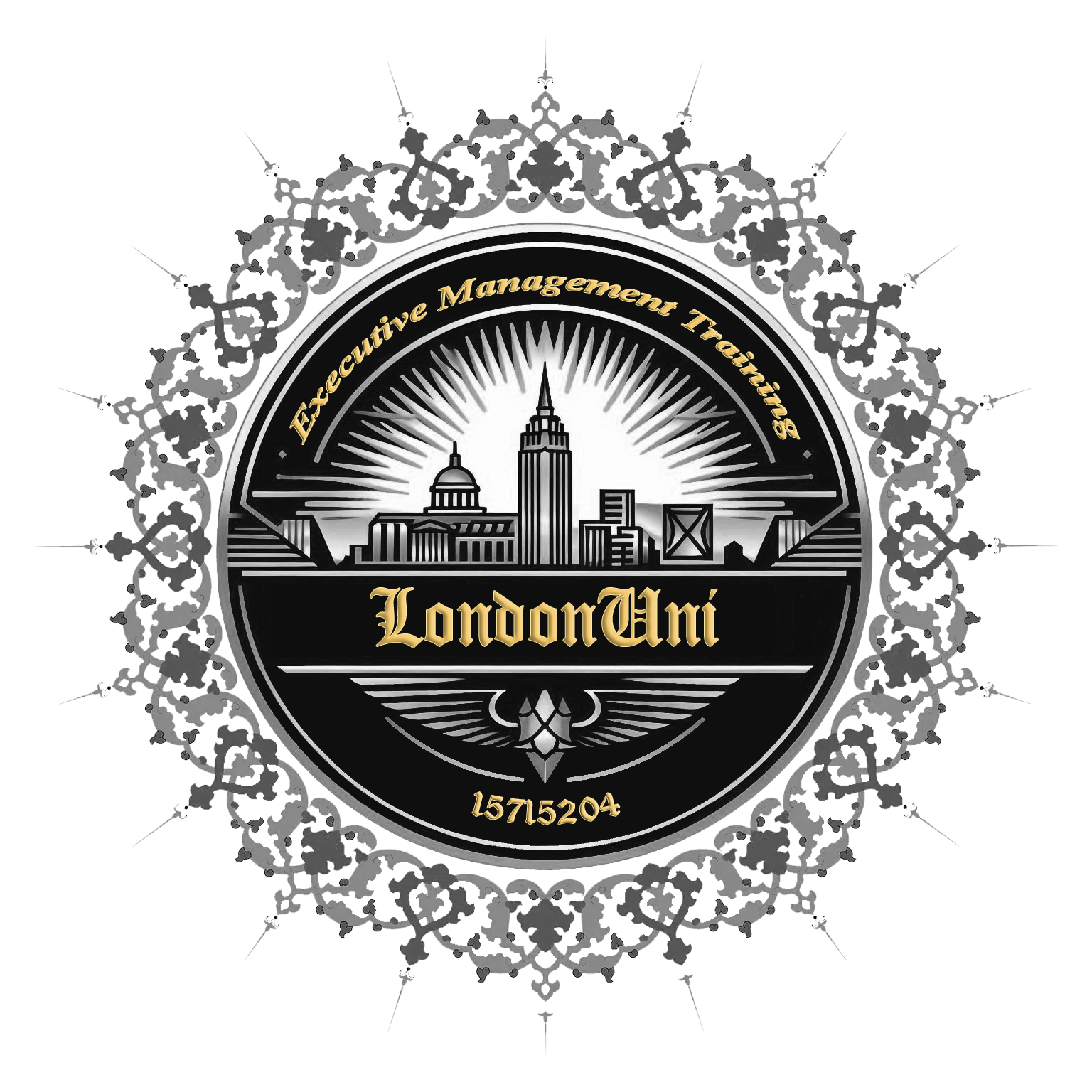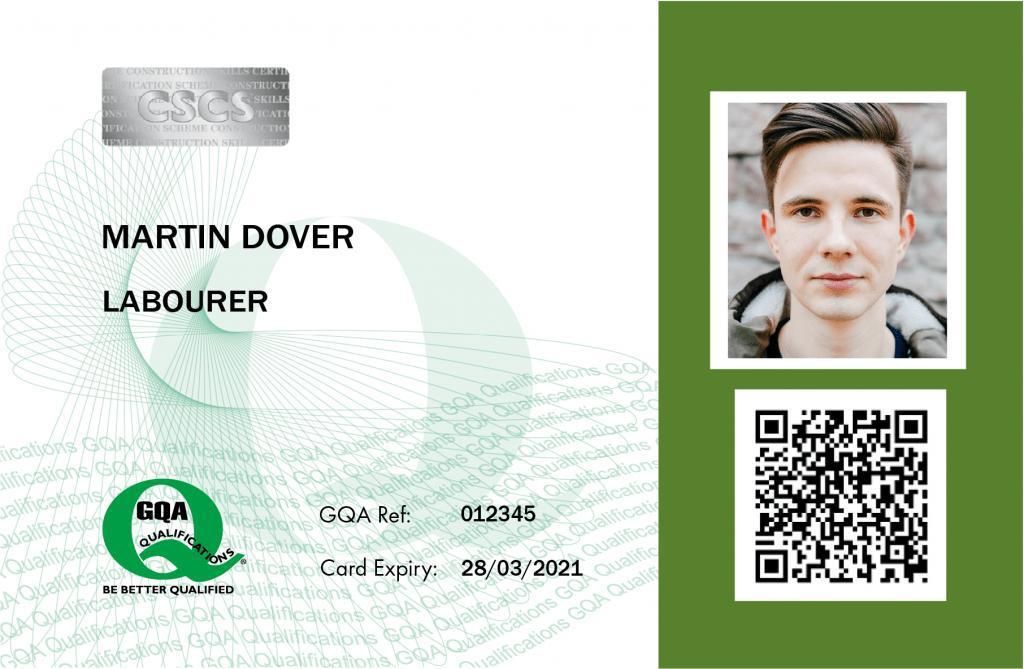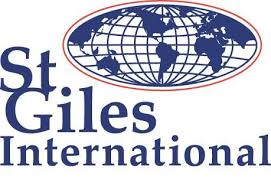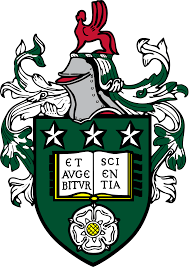Ethical leadership is integral to fostering trust, transparency, and sustainability within any organization. Navigating ethical dilemmas is a constant challenge for leaders who must balance organizational goals with moral responsibility. Leaders are often faced with situations where personal values, organizational policies, and external pressures conflict, requiring careful deliberation and decision-making. This course is designed to equip professionals with the necessary tools, frameworks, and strategies to effectively address these complex issues while maintaining integrity and ethical standards in the workplace.
Throughout the course, participants will explore a variety of ethical dilemmas that leaders may encounter in different organizational contexts. These dilemmas range from issues such as conflicts of interest, bribery, discrimination, to the ethical implications of technological advancements. By analyzing real-world case studies and engaging in thought-provoking discussions, participants will learn how to approach these situations with confidence, using an ethical decision-making model that promotes fairness and accountability.
This course emphasizes the importance of aligning personal ethics with organizational values. It highlights the role of leaders in setting the tone for ethical behavior, creating an organizational culture of integrity, and ensuring that ethical decision-making is embedded in daily operations. Participants will gain insights into how ethical leadership not only influences organizational performance but also enhances employee morale, customer loyalty, and public perception.
In addition, the course will cover the psychological and social factors that can complicate ethical decision-making. Cognitive biases, social pressure, and organizational culture all play significant roles in shaping leaders' ethical choices. By understanding these dynamics, participants will be better prepared to overcome challenges and make decisions that align with their core values and the values of their organization.
Ethical leadership is not simply about avoiding misconduct, but also about actively promoting ethical behavior and fostering an environment where employees feel empowered to speak up about unethical practices. This course encourages leaders to embrace transparency and open communication as vital components of ethical leadership. Participants will also explore the importance of accountability, both at the individual and organizational levels, in ensuring ethical conduct across all levels of the organization.
Ultimately, the goal of this course is to transform leaders into ethical role models who lead with integrity and inspire others to follow suit. By providing practical strategies for resolving ethical dilemmas and emphasizing the broader implications of ethical leadership, participants will be better equipped to navigate challenging situations and drive positive change within their organizations.




















































